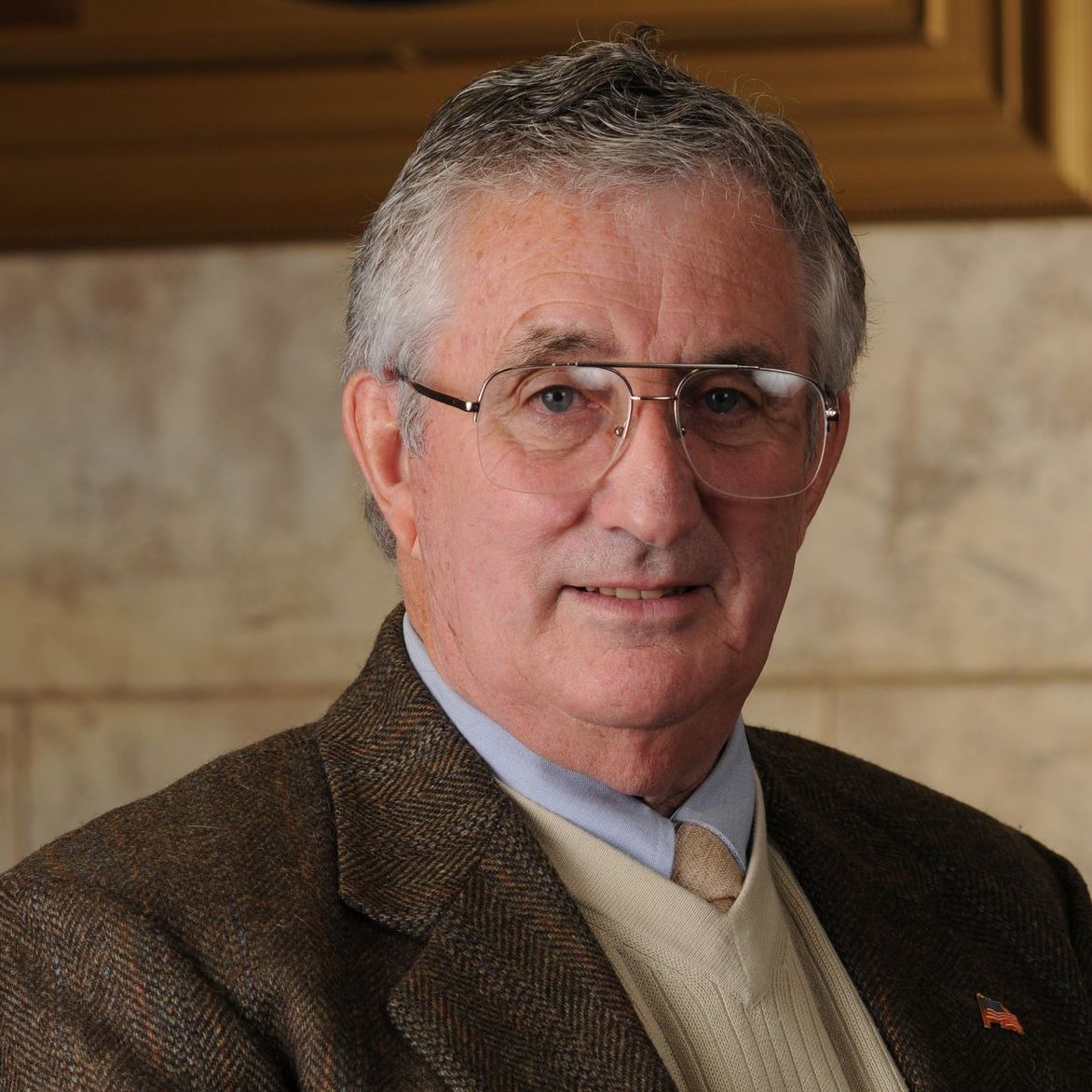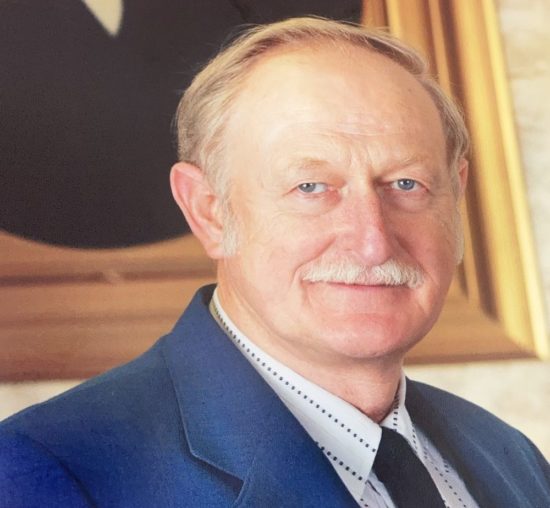Wow. In response to my piece earlier today, former Mayor Mayor Michael Winters had a lot to say, commenting: “No one !! I mean NO ONE deservers four (4) terms in any city elected office !AND NO ONE should close city commission meetings for ANY REASON !We have relied on covid to bring about anything…
Category: City Commission
Will Great Falls Voters Re-elect Gavin Newsom?
On Monday, ballots will be mailed out for the 2021 City election. The most important question is whether or not Great Falls voters will reward Mayor Bob Kelly with a record fourth term. Before he was elected Mayor in 2015, Kelly was appointed to the City Commission back in 2012, nearly a decade ago. (He…
Burow: Hold City Commission Meetings In Person
I attended the City Commission meeting on August 17, where at the end of the meeting, Mayor Kelly gave a very passionate comment about how scared and fearful he was to be in the room and that he would poll the commission about holding future meetings virtually. The commission voted 4-1 to hold future meetings virtually…
KRTV Great Falls Quashes Dissent
In case you missed it, the City Commission was recently asked by City Manager Greg Doyon about how to proceed with City Commission meetings in light of a recent spike in local Covid-19 cases. In an informal consensus vote commissioners decided 4-1 to move the upcoming September 7 City Commission work session and regular meeting…
Great Falls City Commission Candidate Profiles
Last month we sent the following email to the candidates who will be on the Great Falla municipal election ballot this November: Greetings once again, Great Falls city commission/mayor candidates. Due to the Cascade County Elections Office canceling a September primary election we are moving the deadline and scheduled publication dates for your candidate profiles…
National Heritage Area Opponent Rebukes GF City Commission In Email
Editors note: The following email was sent by Montanans Opposing Big Sky Country National Heritage Area leader Rae Grulkowski to all five Great Falls City Commissioners and to E-City Beat on Wednesday. Mr. Mayor and Commissioners: Regarding your discussion at the end of meeting of August 3, stating the only reason Montanans oppose a National…
Where Do Your Property Taxes Go, Great Falls?
At last night’s Great Falls city commission meeting we unanimously voted to adopt the proposed fiscal year 2022 City of Great Falls budget. This graph depicting the government entities to which our local property tax dollars go is interesting and informative: The 27.1% share of total local property taxes is only one of the City’s…
Heritage Area Opposition Accused Of Bribery By Commissioner Houck
A friend texted me Friday morning asking if I’d seen the latest Great Falls Tribune article about the National Heritage Area. I admitted I had not. It is behind a paywall, but here’s the link. After reading the article, I thought this might be a new low for the Tribune—publishing an anonymous hearsay bribery accusation…
Big Sky Country National Heritage Area Is NOT In The Great Falls Growth Policy
I’ve been asked by several Great Falls citizens why the City’s 2013 Growth Policy advocates support for the Big Sky Country National Heritage Area, Inc. Simple answer: it doesn’t. There is absolutely nothing in the 2013 Growth Policy that states support for the Big Sky Country National Heritage Area, Inc. (here is the reference, you…
Republican Fred Burow Challenges Democrat Bob Kelly For Mayor
Yesterday, former City Commissioner Fred Burow filed to run for mayor, challenging incumbent Bob Kelly. It would be wise for anyone interested to ignore the “non-partisan” designation of these offices, and especially the pablum that the people who run for them regurgitate in order to conceal their true political leanings. The two men running to…










